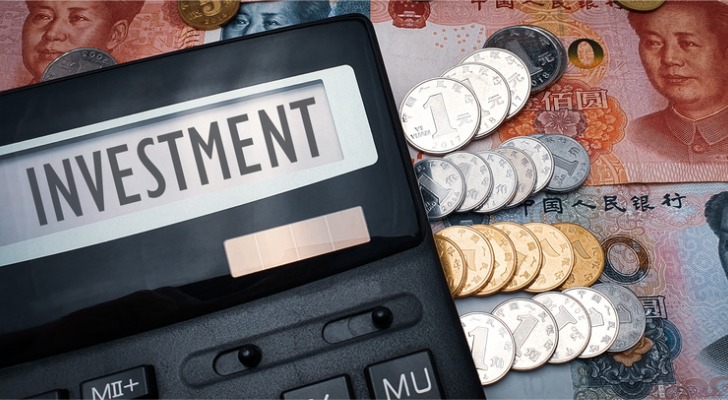As the world becomes more interconnected, investing internationally has turned into a favored avenue to diversify investment portfolios and seize the sunrise opportunities abroad. One region that has sparked investors’ interest globally is the emerging markets. This means investing in specific international markets that are in industrialization mode, which can lead to a lot of economic growth. Consider working with a financial advisor if you want to determine whether this is a good investment for your risk profile.
What Is an Emerging Market?
An emerging market is a semi-developed country that’s experiencing rapid economic transformation. Countries like China, India, Brazil and South Africa symbolize powerful emerging markets. Emerging markets encompass economies that are in full-throttle advancement and industrialization mode. These markets predominantly lie in regions like Asia, Africa, Eastern Europe and South America and boast of:
- Rapidly growing GDP’s & industrial sectors.
- An expanding consumer base due to urbanization and favorable demographics.
- Higher growth potential than mature economies.
While these markets offer a myriad of tantalizing benefits such as potentially high growth, diversification, and cost advantages, they are not devoid of risks. These include political instability, currency fluctuations, and economic volatility.
Benefits of Investing in an Emerging Market
Investing in emerging markets could be beneficial. For example, the IMF projects emerging markets to outpace developed nations in growth two to three times over the next decade. This optimistic outlook creates an enticing opportunity for investors to hitch a ride on the economic ascendance of these regions.
The most salient benefits of investing in emerging markets include:
- High return on investment (ROI) due to rapid economic development. For instance, MSCI’s Emerging Markets Index delivered an annual return of 37.75% in 2017.
- Portfolio diversification reduces exposure to a single market or asset class, thereby leading to reduced risk and potential long-term returns.
- Accessibility to burgeoning consumer markets and cheaper labor and production costs lead to higher profit margins for companies.
While the temptation to dive headfirst into emerging markets can be strong, a balanced approach can help guard against undue exposure to investment risks.
Risks of Investing in an Emerging Market

Like every high-return investment, placing bets in emerging markets carries associated risks. Some key risks to consider are:
- Political instability: Changes in government policies, like nationalization of industries or trade regulations overhaul. Case in point, Argentina’s nationalization of YPF oil company in 2012 hit foreign investors significantly.
- Currency fluctuation: A sudden devaluation in a country’s currency can eat into your investment returns. The Russian Ruble crisis of 2014 is a classic exemplification, where investors were hit by the extreme volatility of the currency.
- Economic volatility: High inflation rates or slowing economic growth can hit returns from emerging markets, as experienced during the Asian financial crisis in 1997.
How Investing in Emerging Markets Can Benefit Your Retirement
Harnessing the high growth potential of emerging markets could contribute to higher returns than traditional investment options. Strategizing on investment avenues may nurture your retirement nest egg to fruition sooner than you anticipate.
Moreover, with the backing of financial advisors, you can make more informed decisions and consider emerging markets as a part of your retirement strategy. Advisors can guide you through the economic landscape, help outline associated risks and align these investments with your financial goals and risk tolerance.
Bottom Line

As we return from our exploration of emerging markets, we pause to weigh the balance scales. On one side, we see high growth potential, diversification opportunities and cost benefits. On the other side lie genuine concerns surrounding political instability, currency risk and economic volatility. Nevertheless, always remember, while financial advice can be invaluable, it isn’t the holy grail.
Depending on your financial literacy and risk tolerance levels, self-directed investments might be a more appropriate path for you. Investing in emerging markets could be a star in your investment portfolio, but every opportunity needs to be thoroughly evaluated.
Tips for Investing Internationally
- Investing in international assets can be difficult if you’re not familiar with the ebbs and flows of those markets. It’s wise to work with a professional financial advisor to help you with making the right investment choices. Finding a financial advisor doesn’t have to be hard. SmartAsset’s free tool matches you with up to three vetted financial advisors who serve your area, and you can have a free introductory call with your advisor matches to decide which one you feel is right for you. If you’re ready to find an advisor who can help you achieve your financial goals, get started now.
- You may want to see what your potential return looks like by using a free investment calculator.
Photo credit: ©iStock.com/alexsl, ©iStock.com/AsianDream, ©iStock.com/Life Background
